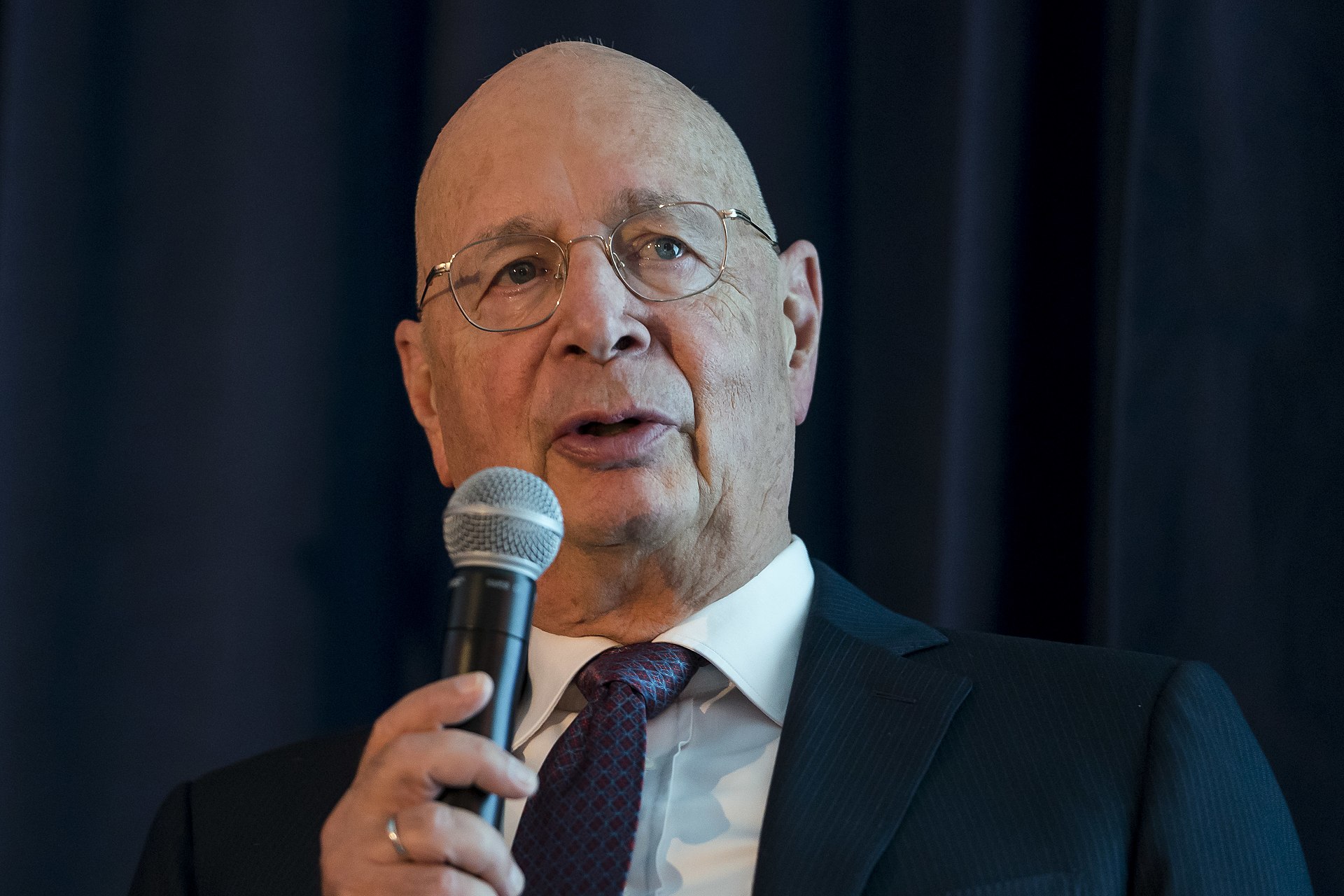
According to itself, the World Economic Forum (WEF) is an international organization that aims to improve the state of the world by engaging leaders in business, politics, academia, and civil society to shape global, regional, and industry agendas. The WEF has published reports discussing the impact of technological advances, such as digitalization, automation, and artificial intelligence, on the economy and society. One of the predictions that the WEF has made is that as technology continues to advance, people will increasingly be able to access goods and services on demand, without the need to actually own them, leading to a shift towards “access over ownership” and leading to a more efficient and sustainable economy, as well as a happier and more fulfilled population, but what’s really going on?
Enter my Dominium
In economics, the terms “imperium” and “dominium” are used to refer to different forms of ownership or control over resources. “Imperium” refers to public ownership or control of resources, where the state or government owns and manages the resources on behalf of the people. This can include things like public land, natural resources, and infrastructure. On the other hand, “dominium” refers to private ownership or control of resources, where individuals or private entities own and manage the resources for their own benefit. This can include things like privately owned land, businesses, and personal property. In general, the distinction between imperium and dominium is one of public versus private ownership and control over resources but most importantly imperium also contains the world or rules, tax policies, health and safety and workers rights legislation and so on, making the type of thing that businesses have to put up with in order to operate or lobby against so that greater profits can be made.
The western economy is presently saturated after decades of attempts to extract as much value as possible by corporations that sell consumer items. We buy things and are happy, until the next new shiny thing comes along and then we buy that! Such craven materialism has broken the economy as private assets that are used as stores of value and wealth such as houses and so on are seeing their prices being pushed into orbit making them unaffordable for the people at the bottom of the socio-economic pyramid and in particular the very young who if they can get a job might be lucky enough to merely rent them. In the meantime, we’ve also seen the growth of ‘software as a service,’ model being used to extract the maximum amount of value out of consumers in which you pay a monthly fee to use a package for example, Microsoft Office instead of buying it outright. To be fair to Microsoft they do update it, add new features and offer cloud storage so it’s not all bad when compared to the old way of doing things in which you bought the software and kept it forever until either it or the computer broke. The ‘access on demand,’ method of extracting value from consumers is not a new invention. There was a time when miners had to rent their lamps from the mine owners without which they would be unable to work, over the course of their employment they would pay many times the lamps actual value in rent.
Older people have got all of the wealth tied up in property, stocks and bonds at a time when younger people have less opportunity than ever before to earn enough money to buy these inflated assets for themselves the result being a massive amount of dissatisfaction with capitalism and a willingness to consider the alternatives such as communism. Communism can only come about in the wake of a violent revolution and this makes the globalists nervous, putting their private jets on standby just in case. It doesn’t help that repeated monthly fees for the essentials of life make these younger folk feel milked like cash cows…
You will own nothing and be happy!
The WEF argues that as people increasingly have access to goods and services on demand, without the need to actually own them, it will lead to a more efficient and sustainable economy, as well as a happier and more fulfilled population. This shift towards “access over ownership” has already had implications on the way people work and consume and will likely lead to changes in the labour market, the economy, and society.
Managed Capitalism
In a capitalist system, individuals or private entities own and control dominium such as land, capital, and labour. They use these resources to produce goods and services, which they then sell in the market for a profit. Whilst it is possible for people to participate in capitalism without having direct ownership of resources, i.e., leasing land to grow crops or renting the tools they need to make a business they are at a considerable disadvantage compared to those who own things outright. The important thing to take away from this is that in a future of very little or no private ownership where the tools that use to sustain your existence are rented from someone else you will not be able to participate in the capitalist economy without the permission of person or corporation that owns the stuff you are using. They could agree but would be unlikely to do so unless you pay them a fee either upfront or monthly for the usage of their dominium. He who owns the dominium owns the world and can then make any rules they’d like in the world of Imperium such as an end to corporation taxes, in work benefits, workers rights, minimum wage laws and so on.
Should social credit scores also come along (and they probably will, being here already in part) and you deemed to be ‘not suitable,’ because you have publicly criticised the status quo, well, you can see where this leads, but in any case, if you’ve been a good dog, they might reward you by patting you on the head and letting you participate in the system albeit at a junior level. Your only choice will be to support the system climbing to the top of it, by exploiting those below you or live at the bottom of it to be exploited by those above you in the socio-economic pyramid. Money from the bottom of society will be funnelled to the top via a network of rental fees and service agreements. The 1% of global elites will ultimately own everything and extract the maximum amount of money from the 99% each and every month in a static utopia for them but a dystopian hellscape for us!
You won’t be able to work against the system, undermine or campaign for real change that might benefit all. The future will be one of global plutocracy. The entire planet will be run by the rich for the benefit of the rich which is why we must do all that we can to oppose this global superstate now being birthed before our eyes. This is not how human being are meant to live. We will own nothing and our masters won’t care if we’re happy or not, as long as we keep on paying those monthly or on demand fees. We will be in a technocratic feudal prison in which social mobility will be all but non-existent. A static utopia for the globalists, but not for anyone else!

